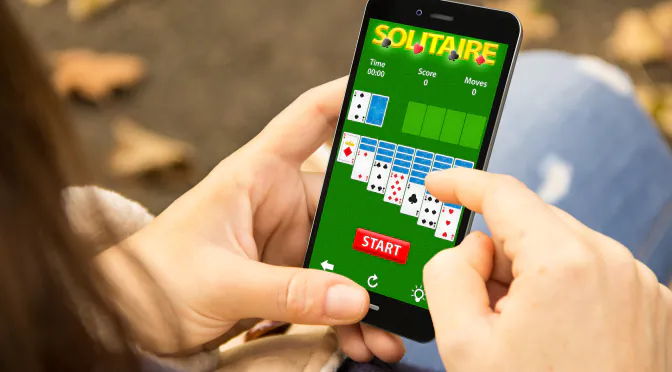2018 is expected to be the annus mirabilis, the year of wonders, for the social gaming industry. What began back in 2009 with Facebook and Zynga’s collaboration, has now evolved into a full-fledged and lucrative market. Given the popularity and growth of this industry, our experts have determined the top-5 profitable trends that will shape the global social games market in 2018.
Read: The Social Gaming Revolution: Why it’s the New Face of Entertainment
Trend 1: Cross-platform functionality is here to stay
With millennials and baby boomers equally hooked on social media games on their mobile devices, designing cross-platform games has become a very lucrative opportunity for vendors. Since individual mobile devices sport a unique software kit, game developers are diligently working on code sharing solutions to create customized languages and SDK platforms for every device. The goal is to provide the best possible gaming experience regardless of the platform being used.
Trend 2: Loads of variety to spice up the games
Variety plays an important role in keeping things fresh and interesting. With players looking for more choices and loads of action in their games, the distinction between different gaming genres is becoming far less obvious. The result is a wide selection of popular social games that include elements of RPG, MMO, and strategy.
Wooga and King have already introduced MMO and RPG elements into their social media games. Thus, they are able to heavily engage players and, consequently, developers are afforded better odds to successfully monetize their products.
Trend 3: Introducing the aspect of in-game appointments
Social media games, or any online games for that matter, are all about giving players a reason to come back and play. Building on this premise, and, to remind gamers to log in during their busy schedules, developers have created the concept of in-game appointments.
Usually, these appointments are in the form of ‘push notifications’ that remind players to join/log in at certain times of the day. Naturally, lots of creativity and strategy is involved in designing these in-game appointments. At times, they are in the form of ‘claim your reward’ or notifications like ‘you have reached a new level.’ Particularly, in the case of mobile users, in-game appointments have immense potential to entice players to log in and start gaming right away.
Trend 4: Microtransaction is the new route to monetization
In a world where free-to-play games account for close to 75% of revenue generated from both iOS and Android devices, developers are desperately looking for ways to refine the freemium model and generate revenue streams from strategic elements of the game. The financial success of such games is dependent on the balancing of the aforementioned equation.
Microtransaction provides gamers an option to pay as and when such a payment is required, in a format that is easy for the gamers. This sense of having control over the payment process is beneficial for developers as well. The latter can now establish intelligent ways to add new levels, characters, and surprise items in the game, and entice players to pay for these extras.
Read: How Cloud Computing is Boosting Up to Disrupt and Dominate the Gaming Market
Trend 5: Social gaming allows the addition of special events features
The most effective way to keep the gamers on their toes is by engaging them in a sequence of in-game challenges. But, adding these extra levels usually takes a lot of time and effort. Resourcefully, designers have figured out that one of the best and most cost-effective ways to get the undivided attention of players is by adding event driven challenges in the game sequence. These event-based challenges are usually in the form of tournaments or activities with time constraints.
Conclusion: It is nearly a decade since social games became prominent, and today, they are an integral part of the global entertainment market. Additionally, gaming startups like Sojo, Joy Kingdom, and WeTopia have even ventured into charity and social entrepreneurship. Conclusively, the latest trends in the social gaming industry are focused on innovation, promotion and diversification.



